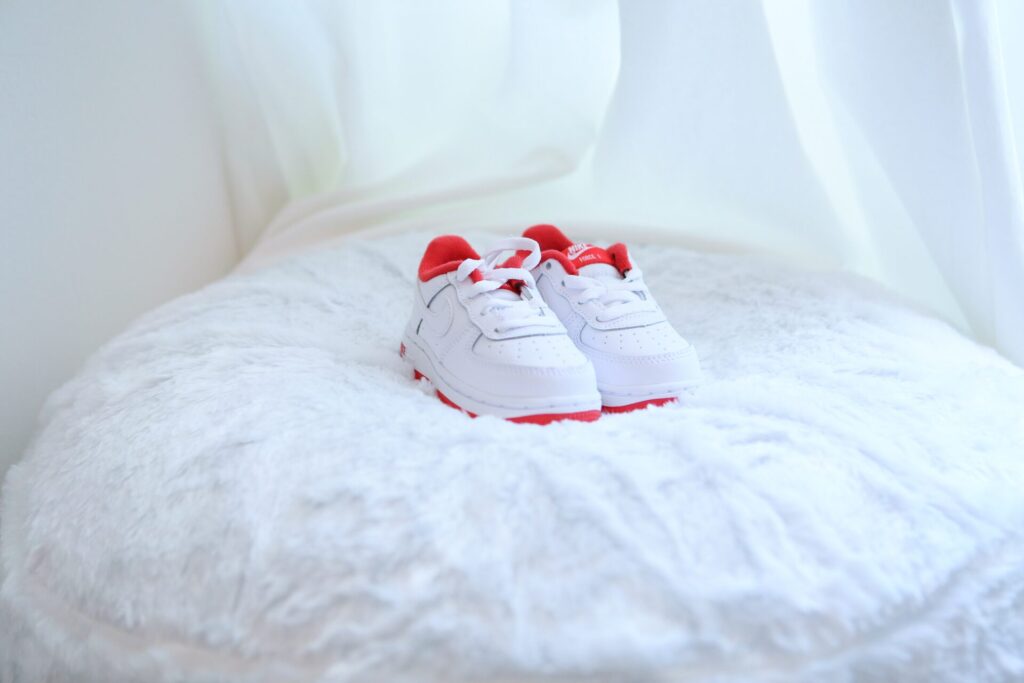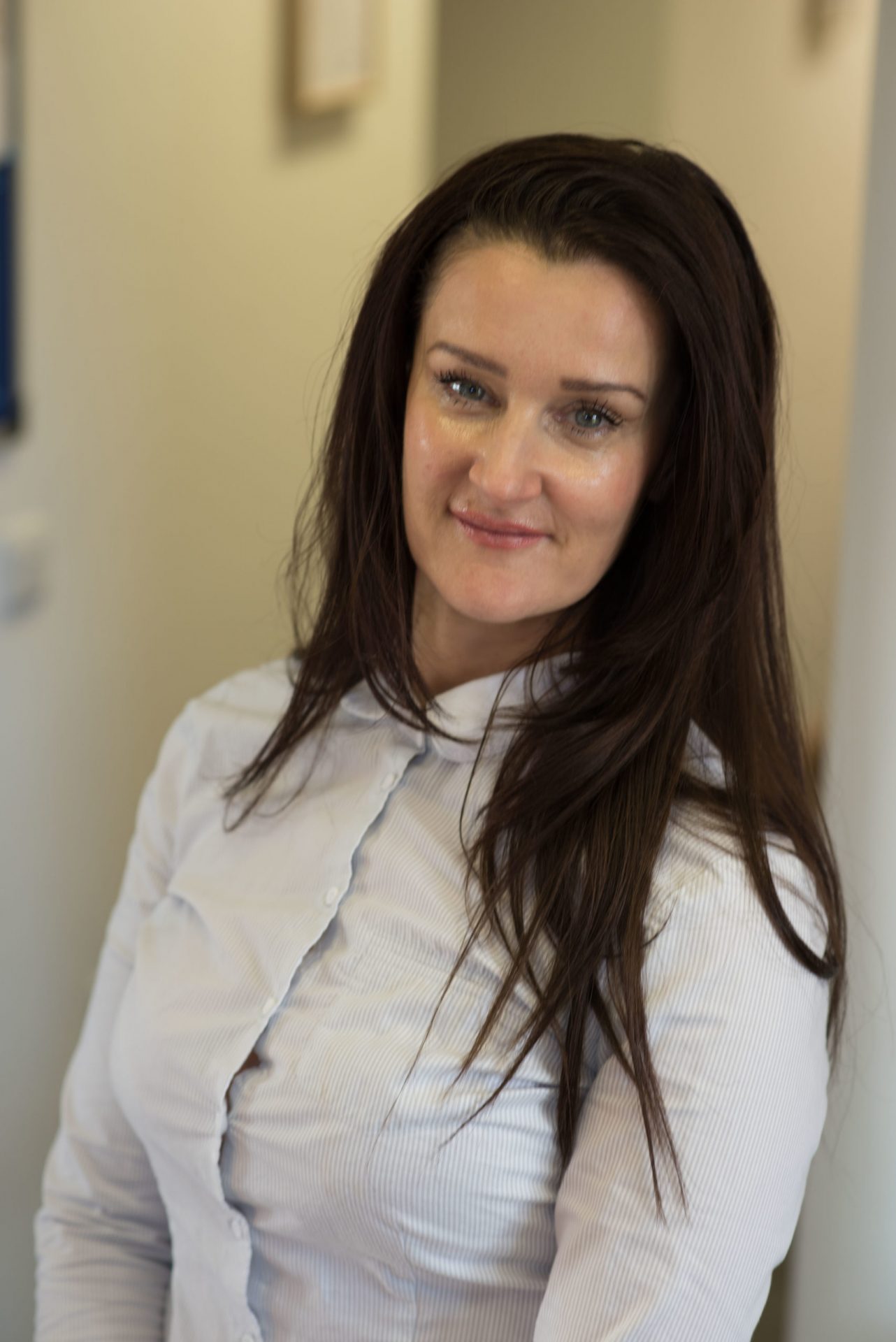Finding the Best Shoe and Fit for Your Child
The bones in children’s feet are very pliable due to the fact that they are made up of soft, spongy cartilage and they don’t fully ossify until they reach 16-19 years of age. While it is not recommended that people of any age wear ill-fitting shoes, it is especially critical for little feet to wear appropriate footwear, fitted to their individual needs. Tight shoes and tight socks as a baby or infant grows can effect bone growth and overall development of the feet, as well as cause a wide range of both short term and long term podiatry issues.
In the short term, shoes that don’t fit correctly can create foot pain for your little one, along with calluses, corns, ingrown toenails or blisters. In the long term, more serious issues like foot and toe deformities can develop. If your child wears ill-fitting shoes throughout his or her developmental years — especially before age 5 — it can also lead to other long-term problems with posture or walking — or it can also cause back pain. Better still for your baby at this stage to be barefoot.
What Type of Shoe Is Best?
Babies and infants – pre-walking infants only require soft booties or socks. Rigid, tight shoes can hinder an infant’s ability to stretch their feet and feel different surfaces required for proper sensory development.
Toddlers – when indoors, toddlers should go barefoot as this will strengthen the muscles around their ankles and develop arches. When outdoors, toddlers should wear lightweight shoes with flexible, soft soles that encourage natural foot movement.
Children 4 years old over – shoes should be supportive, and provide a snug fit in the midfoot and heel yet allow plenty of room around the toes. There should be half-inch clearance between the front end of the shoe and the outermost tip of the toes. Shoes should also be made from breathable materials such as canvas to allow for air circulation.
Here are some tips for buying your child’s shoe:
Most children’s shoe stores provide a professional fitting service that which you should take advantage. If buying without assistance you should follow the below guide:
- Buy according to the longer foot – children rarely have both feet that are the same length. In fact, a difference of up to half an inch is normal. Always go by the longer foot when buying shoes.
- Don’t rely on the label – there is no mandatory industry standard for shoe sizing, so sizing can vary across brands. Shoes should always be tried on.
- Allow room around the toes – at least half an inch of additional room is ideal; this ensures toe are not squeezed in and allows for foot proper movement.
- Wear appropriate socks – children should wear appropriate socks, especially when buying sports shoes.
- Re-measure and re-fit shoes regularly – every child develops differently, it is best to measure the length of your child’s growing feet around every 3 months and frequently check for signs that your child’s shoes might be getting too tight.
Having your child’s feet professionally measured and fitted for appropriate footwear can set them in good stead for life. If you have any concerns regarding the health or development of your child’s feet, our podiatrists can assist.
Or are you suffering from any foot condition? One of our chiropodist/podiatrist can assist and then recommend what treatment options are best to get you back on track. ✅
Schedule an appointment here or you may call us at 44 (0) 207 101 4000. 📞
We hope you have a feetastic day! 👣☀️
-The Chelsea Clinic and Team




